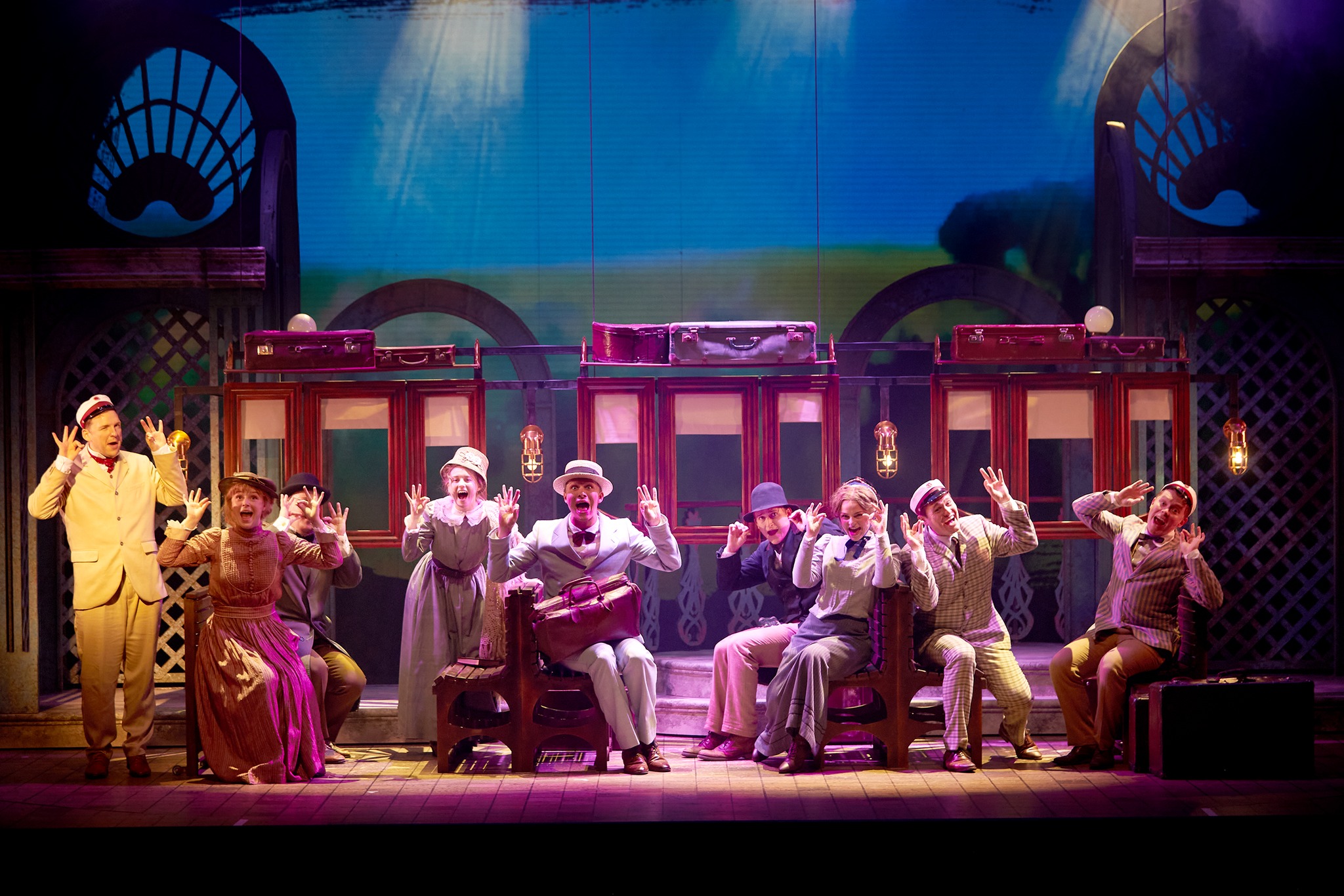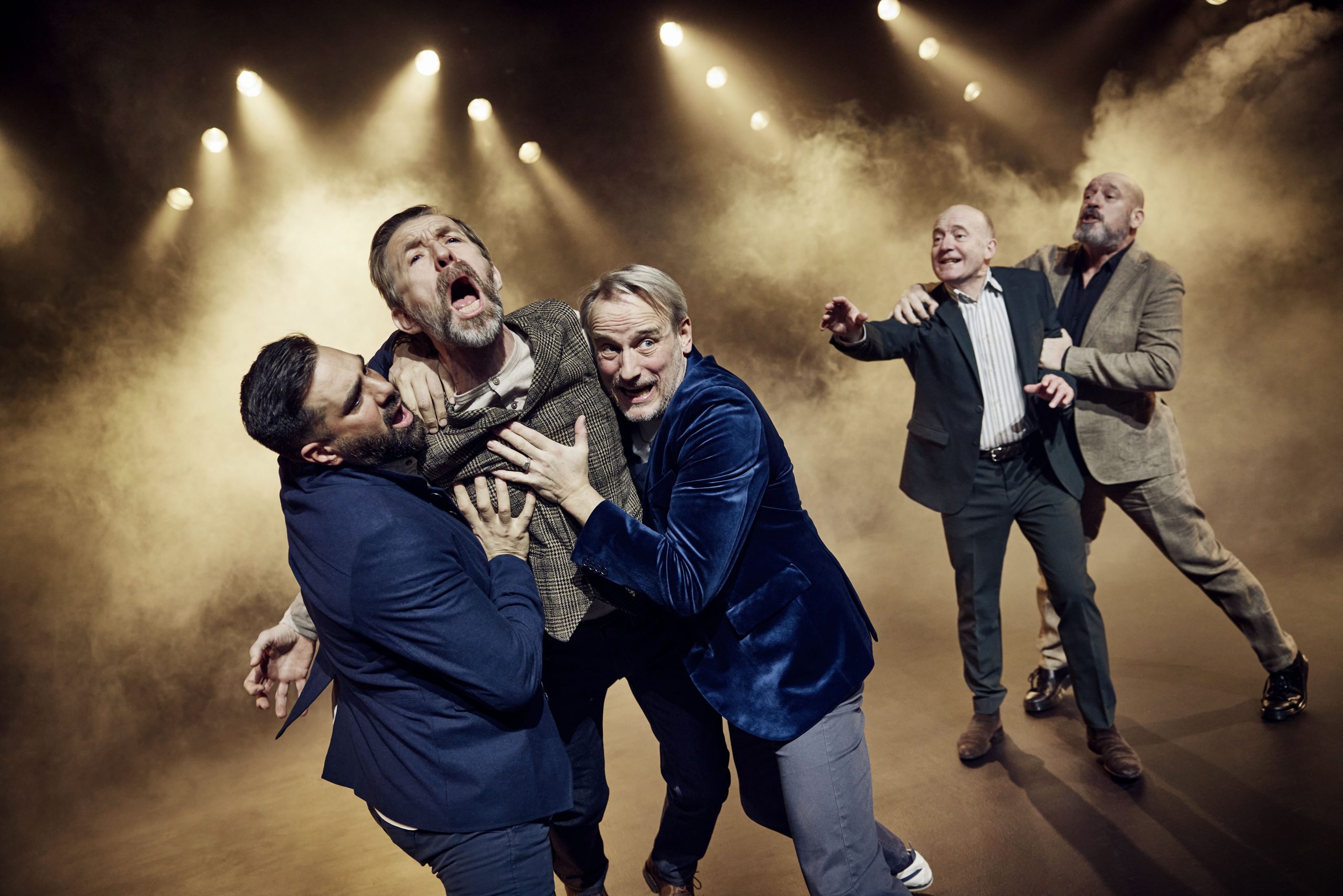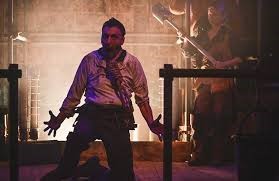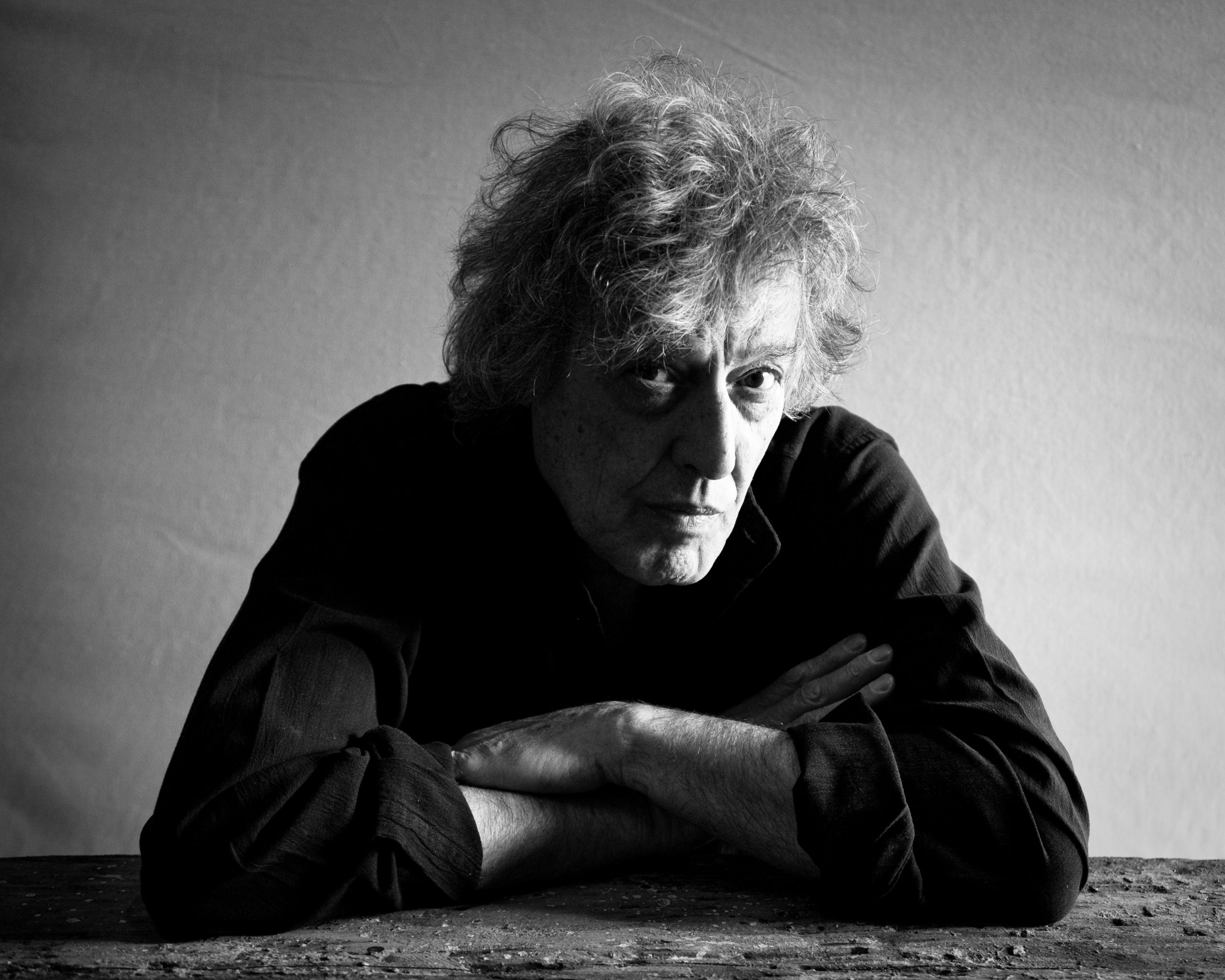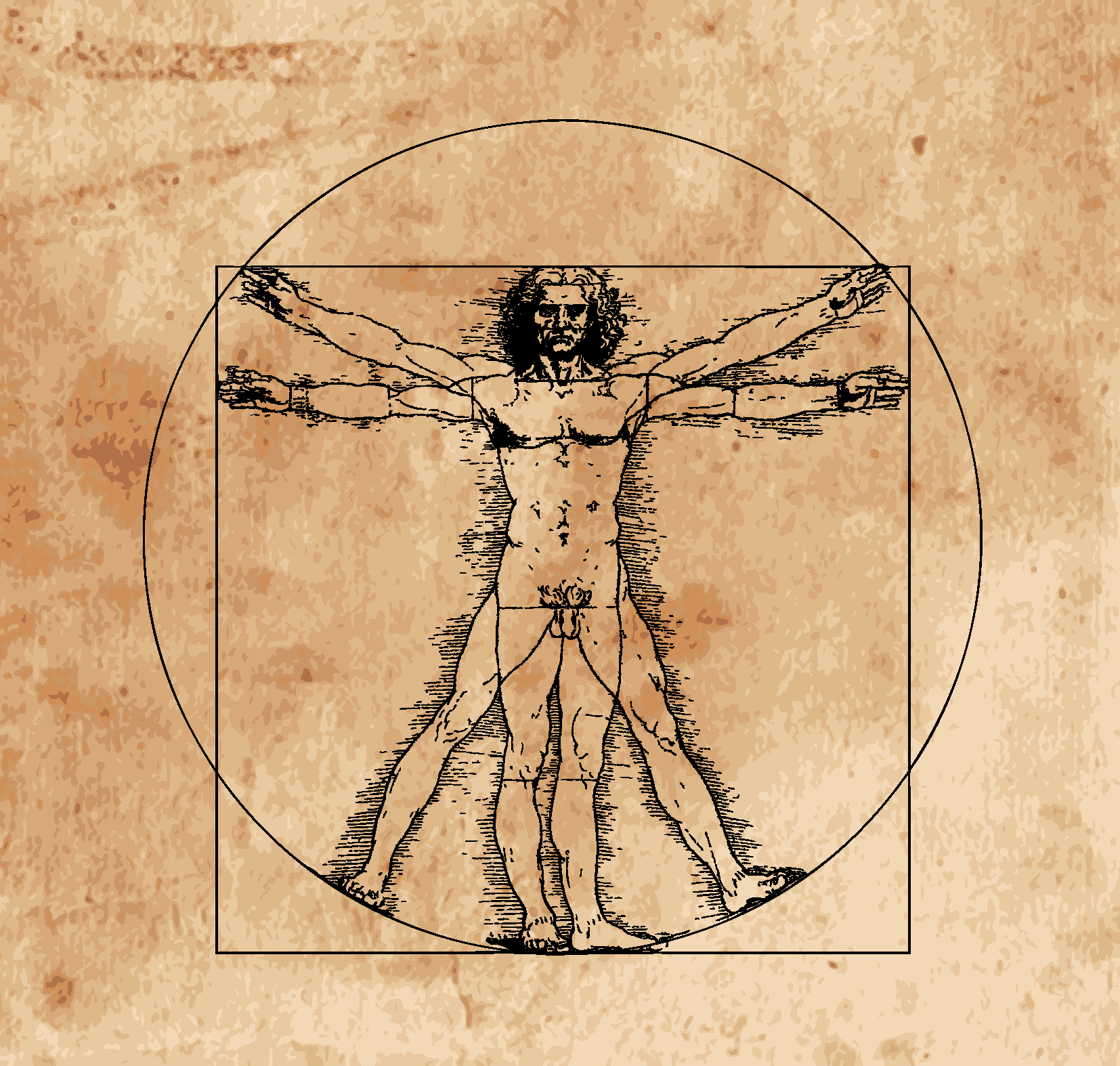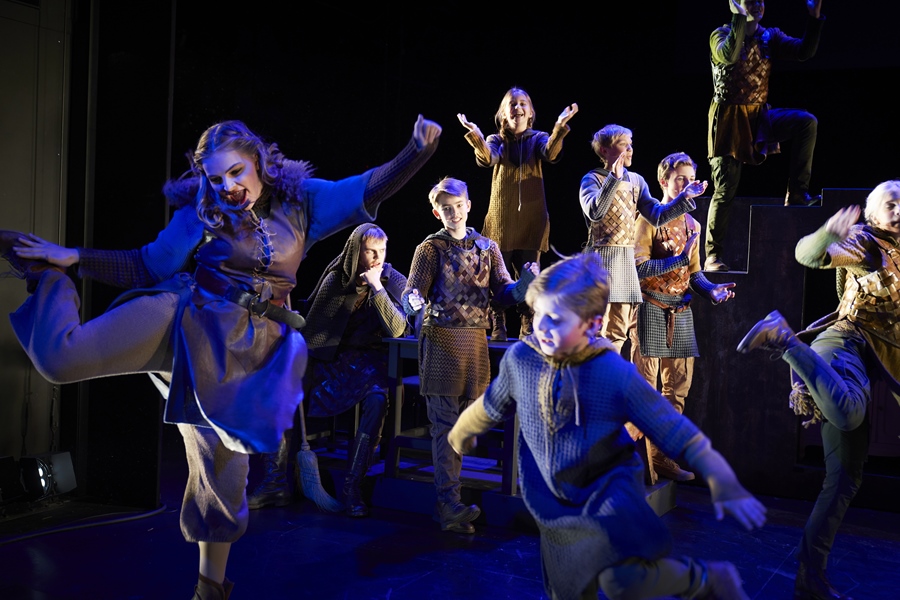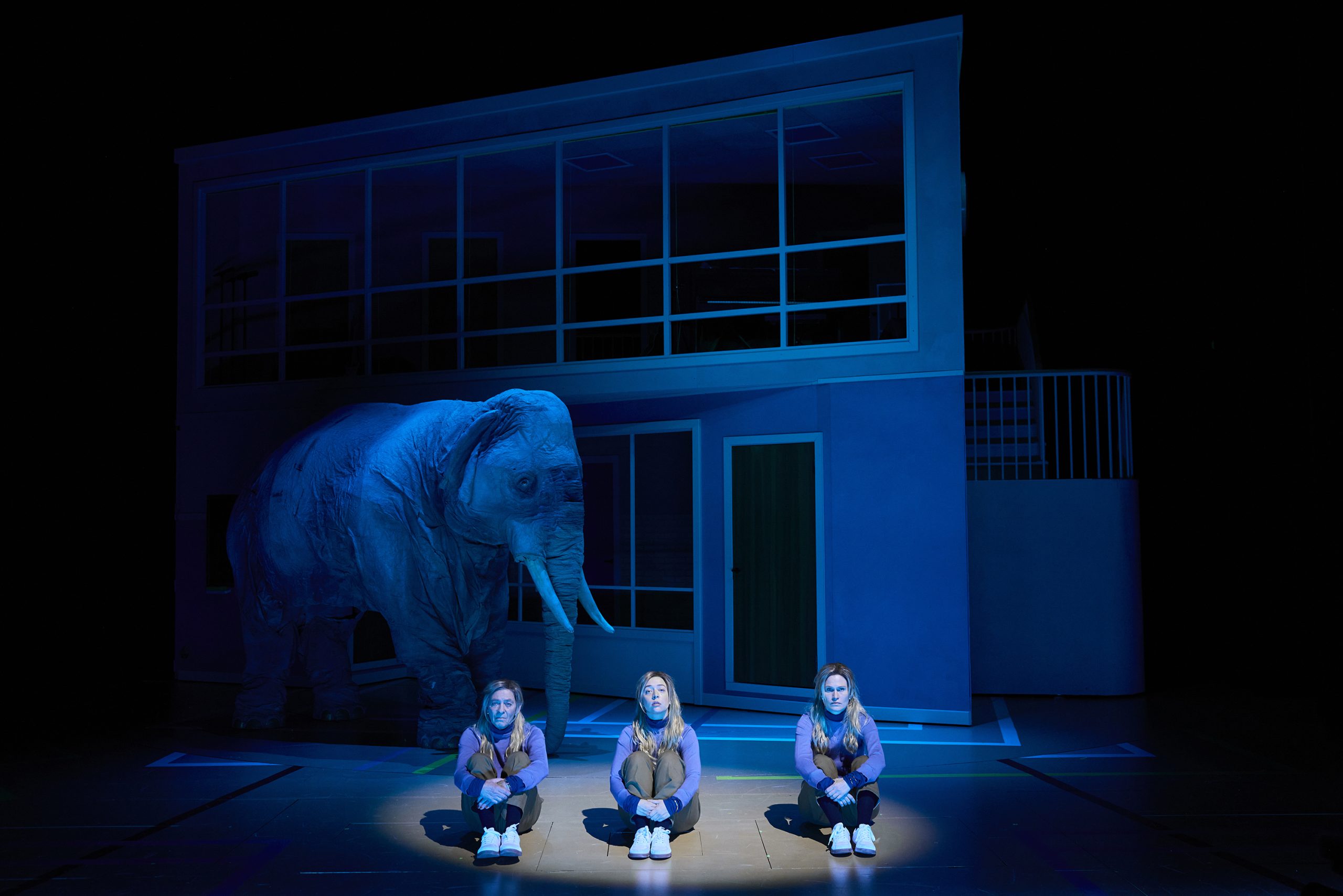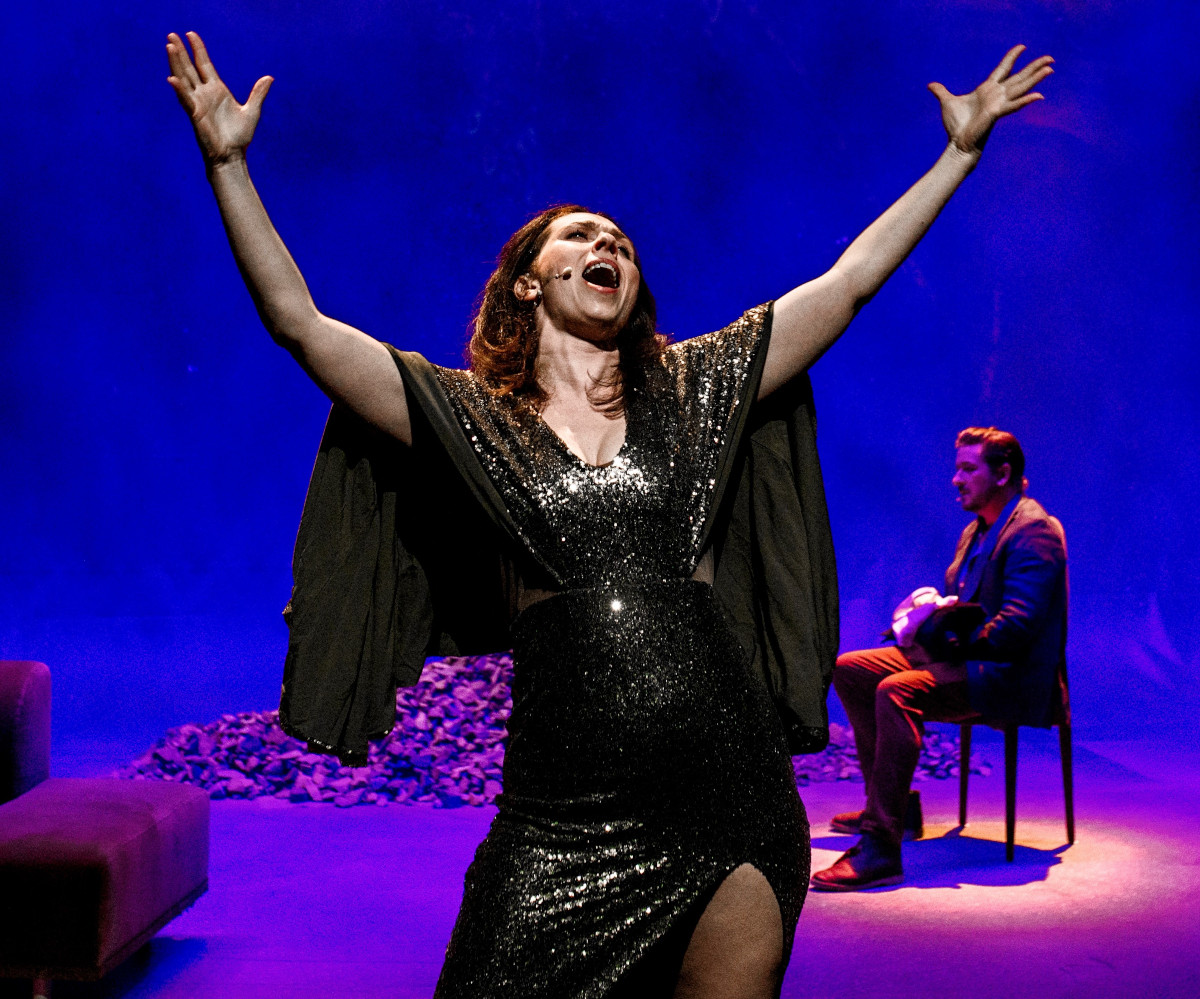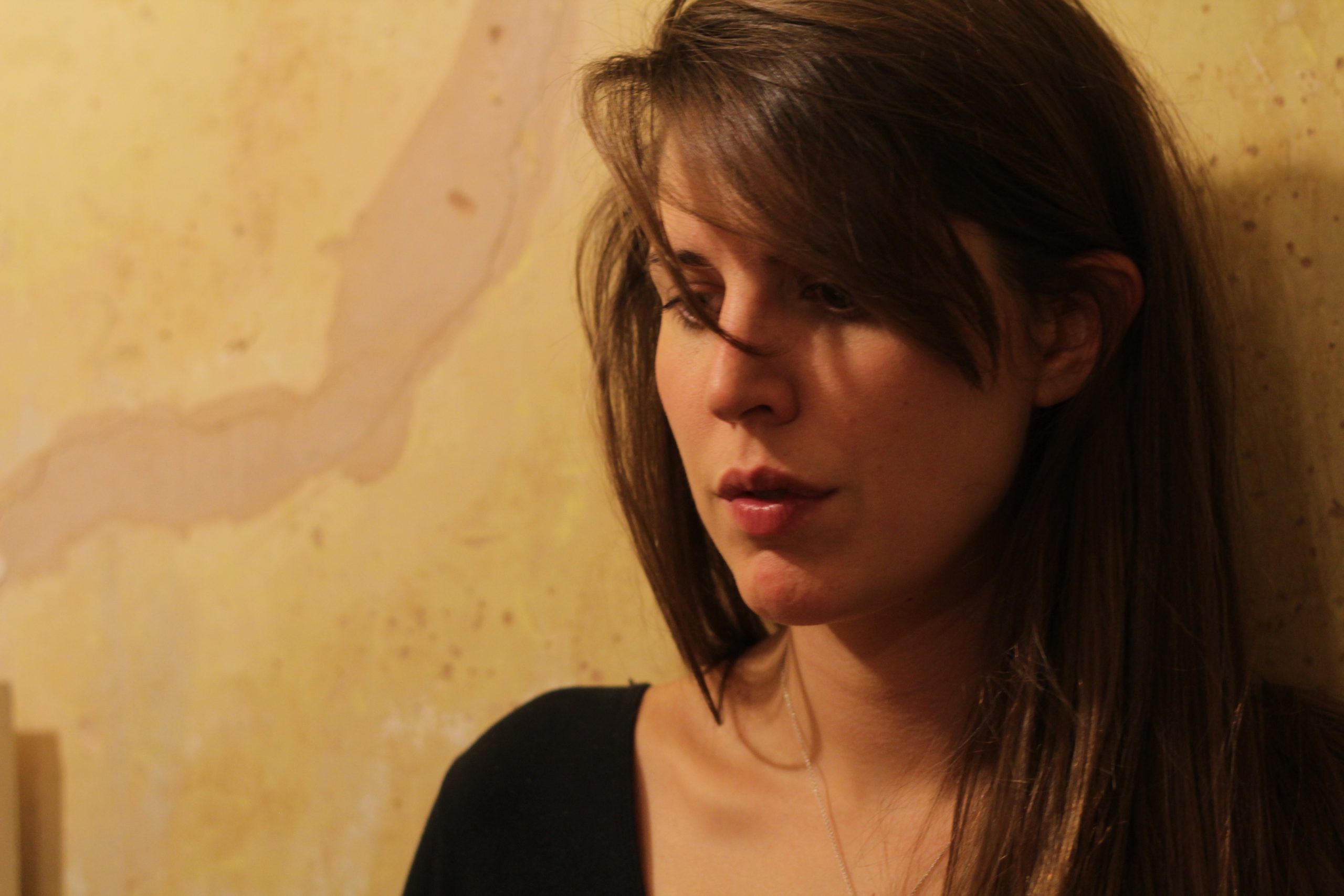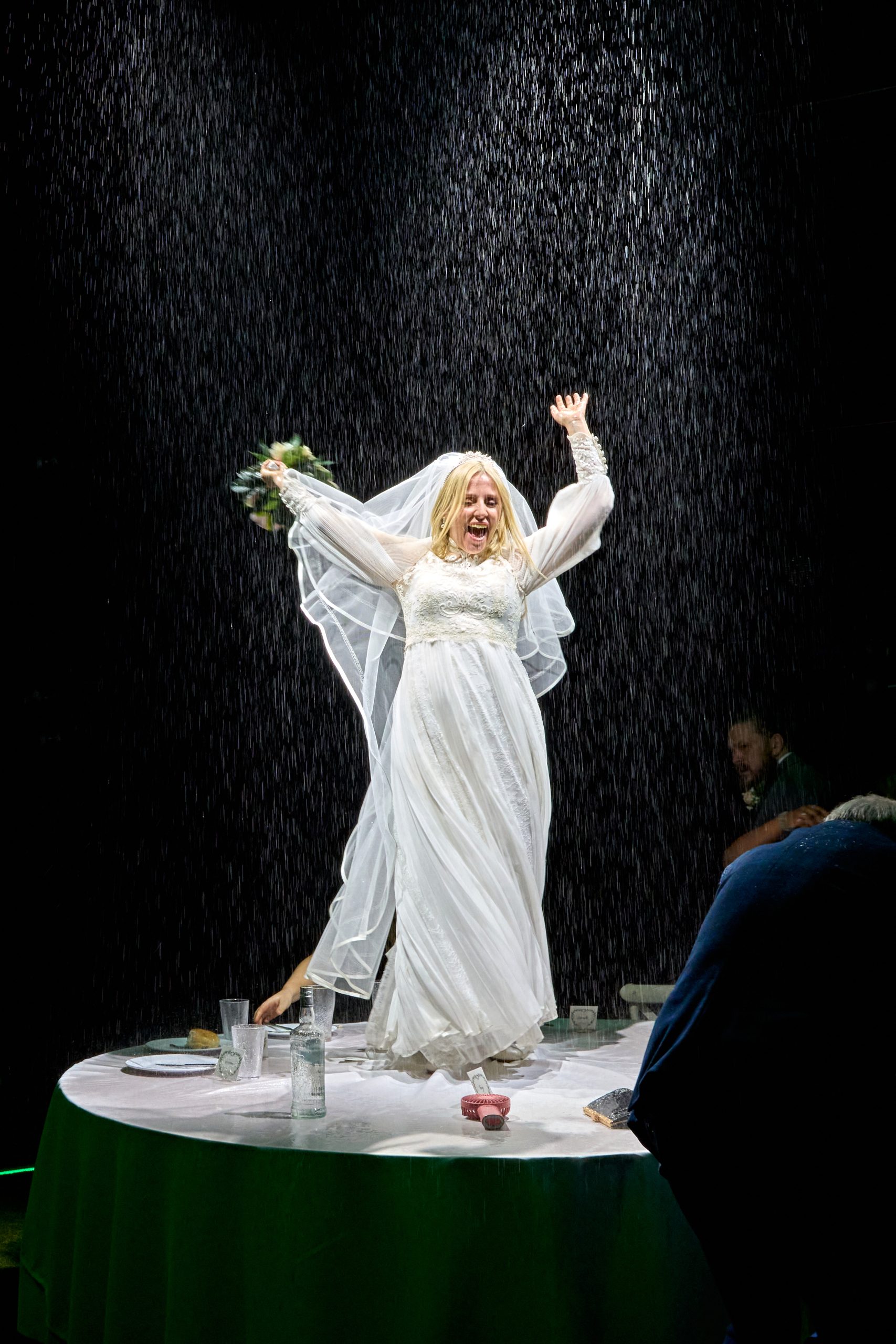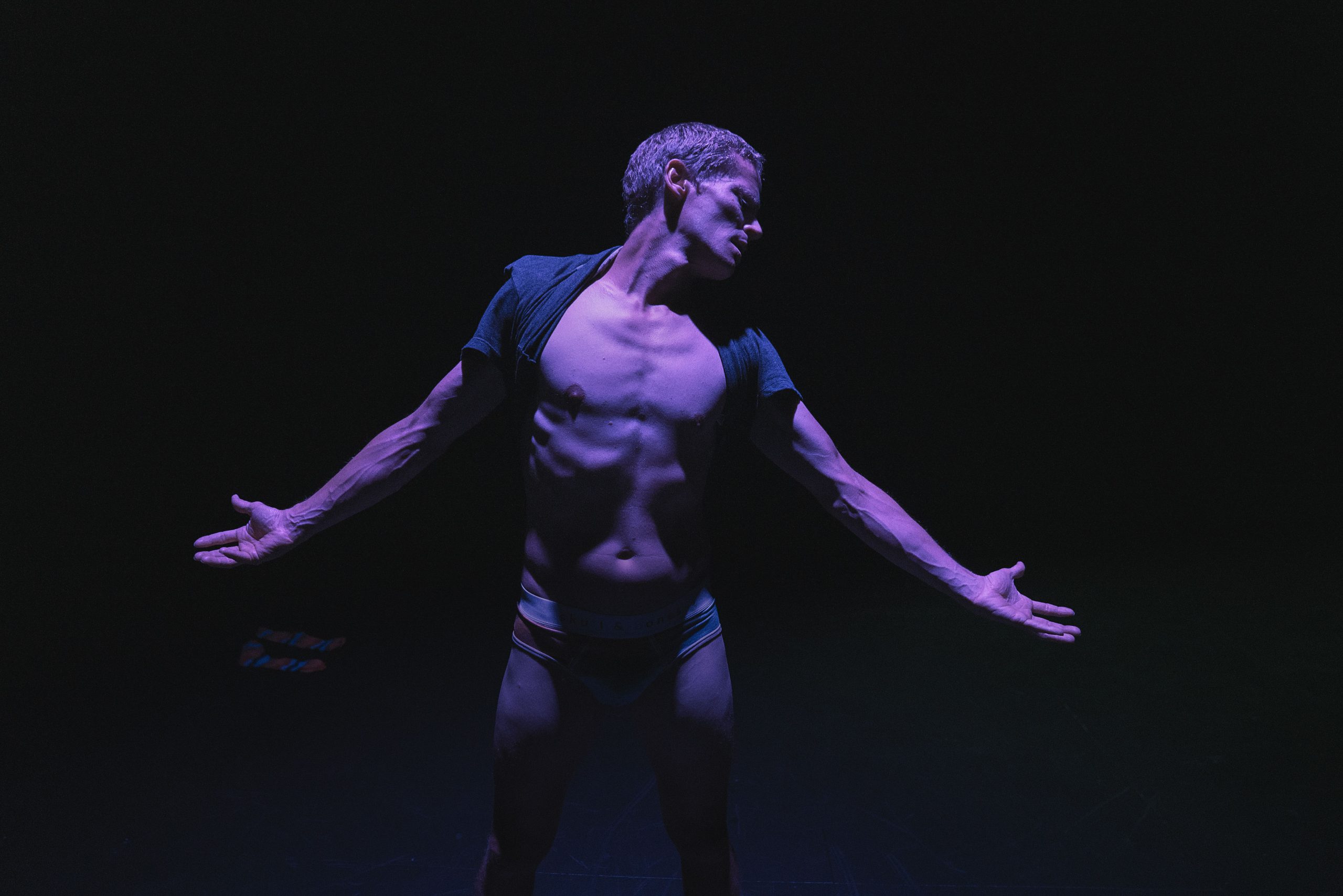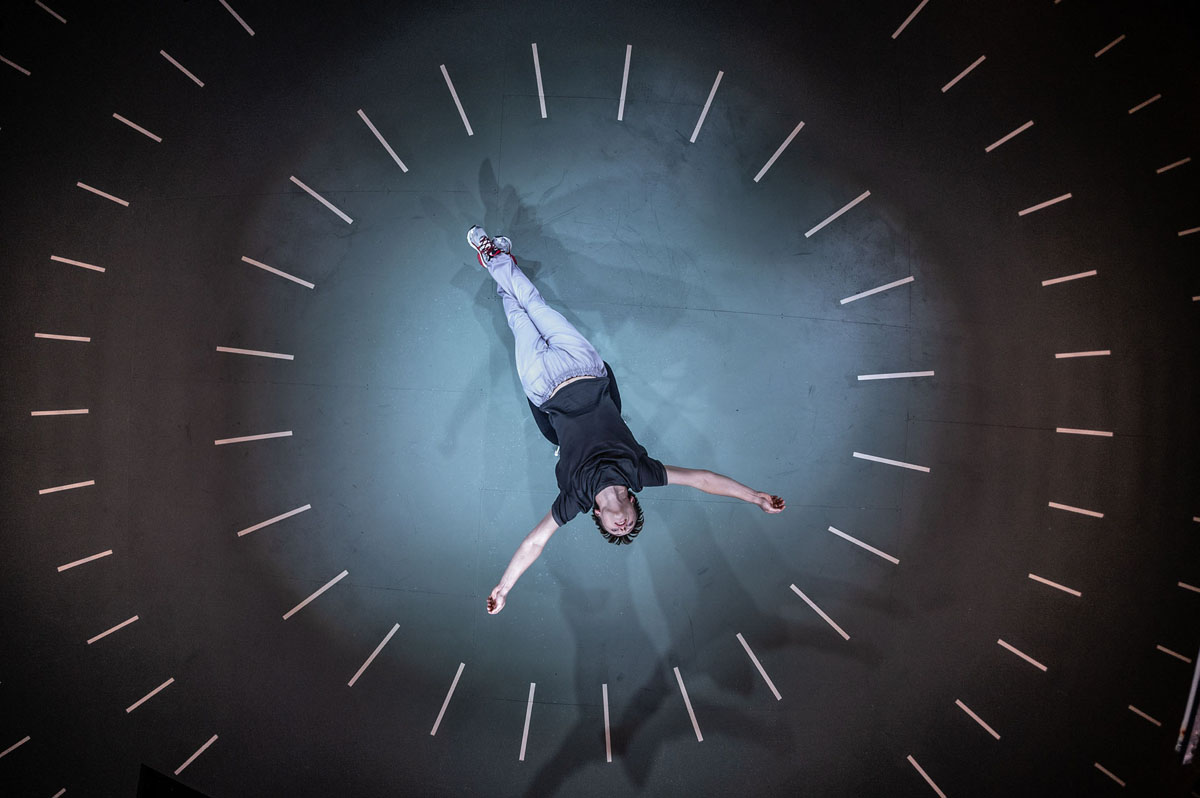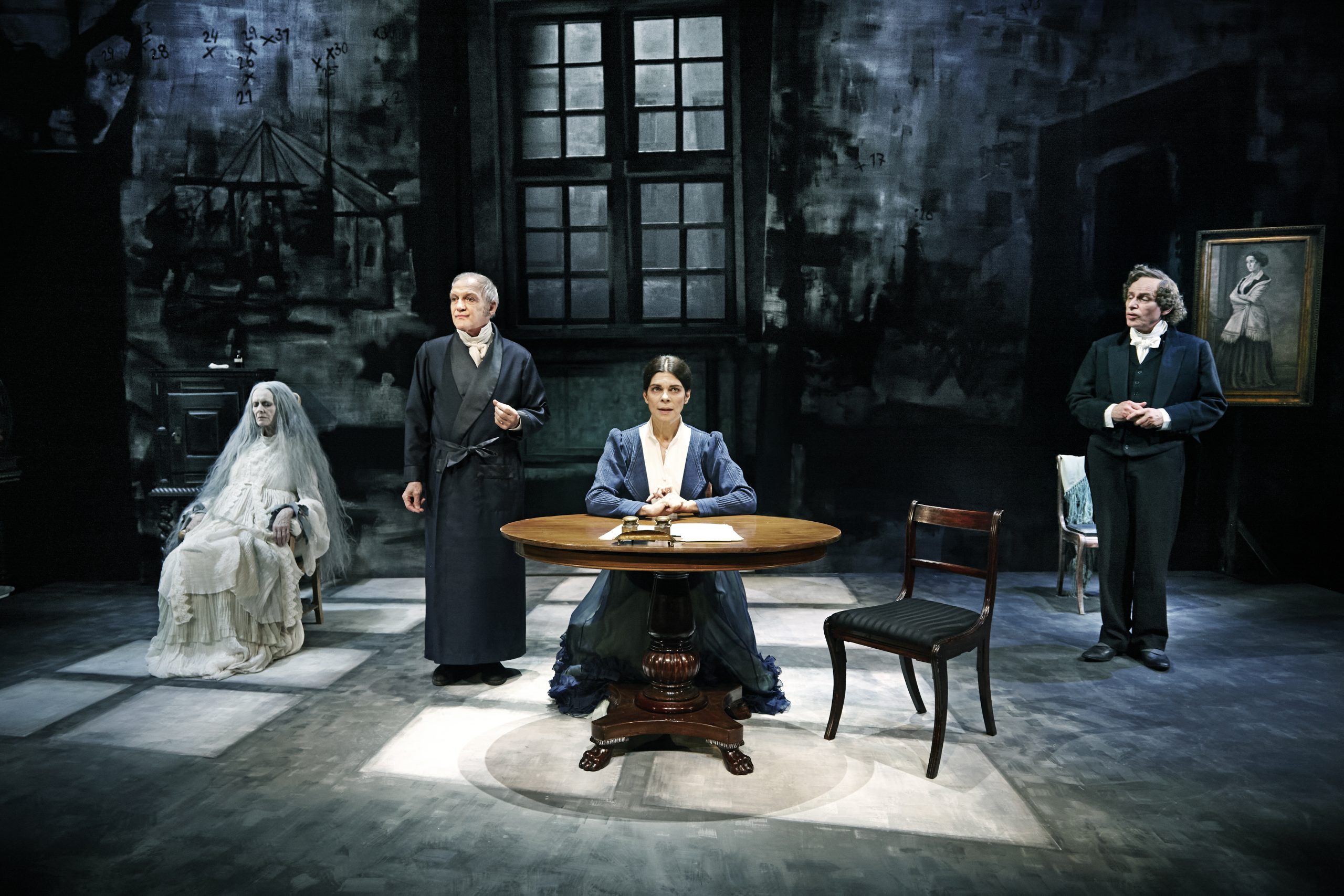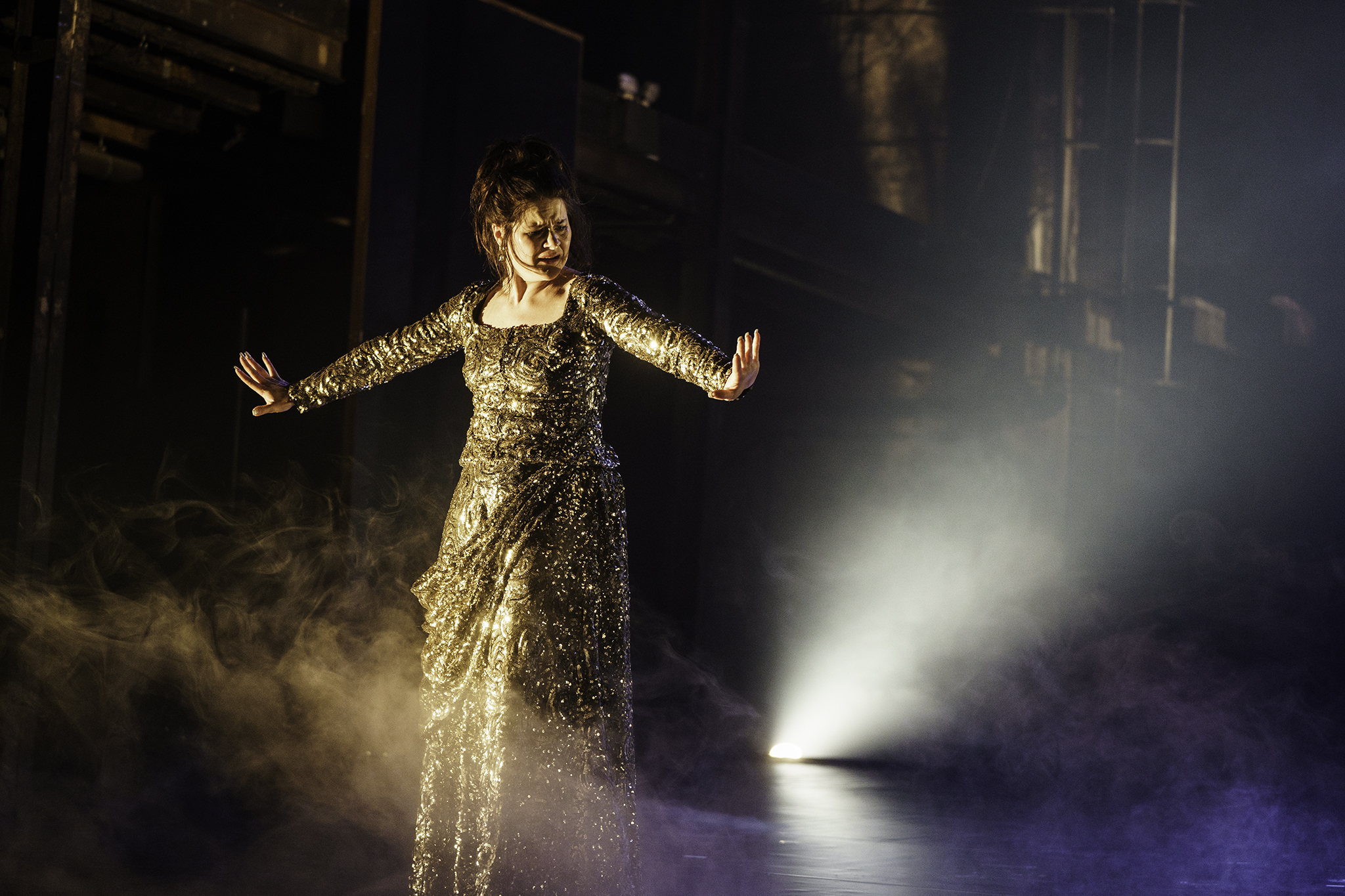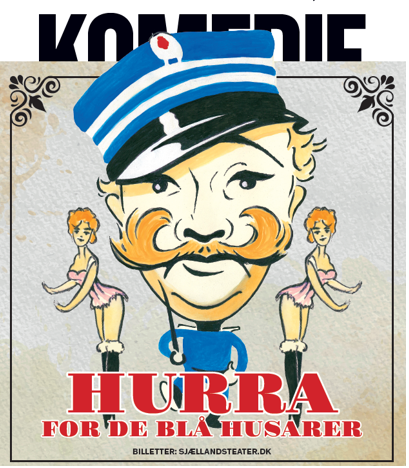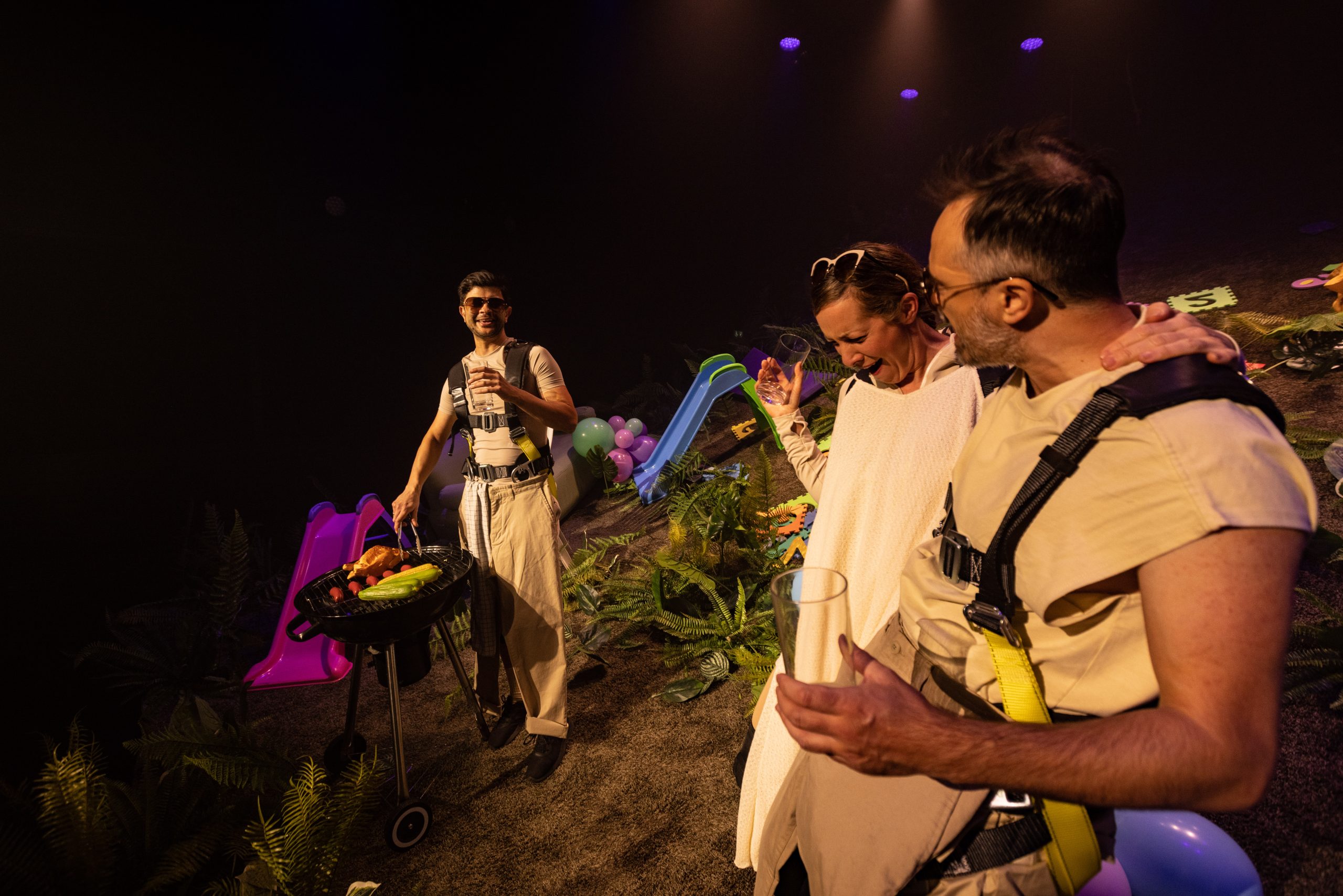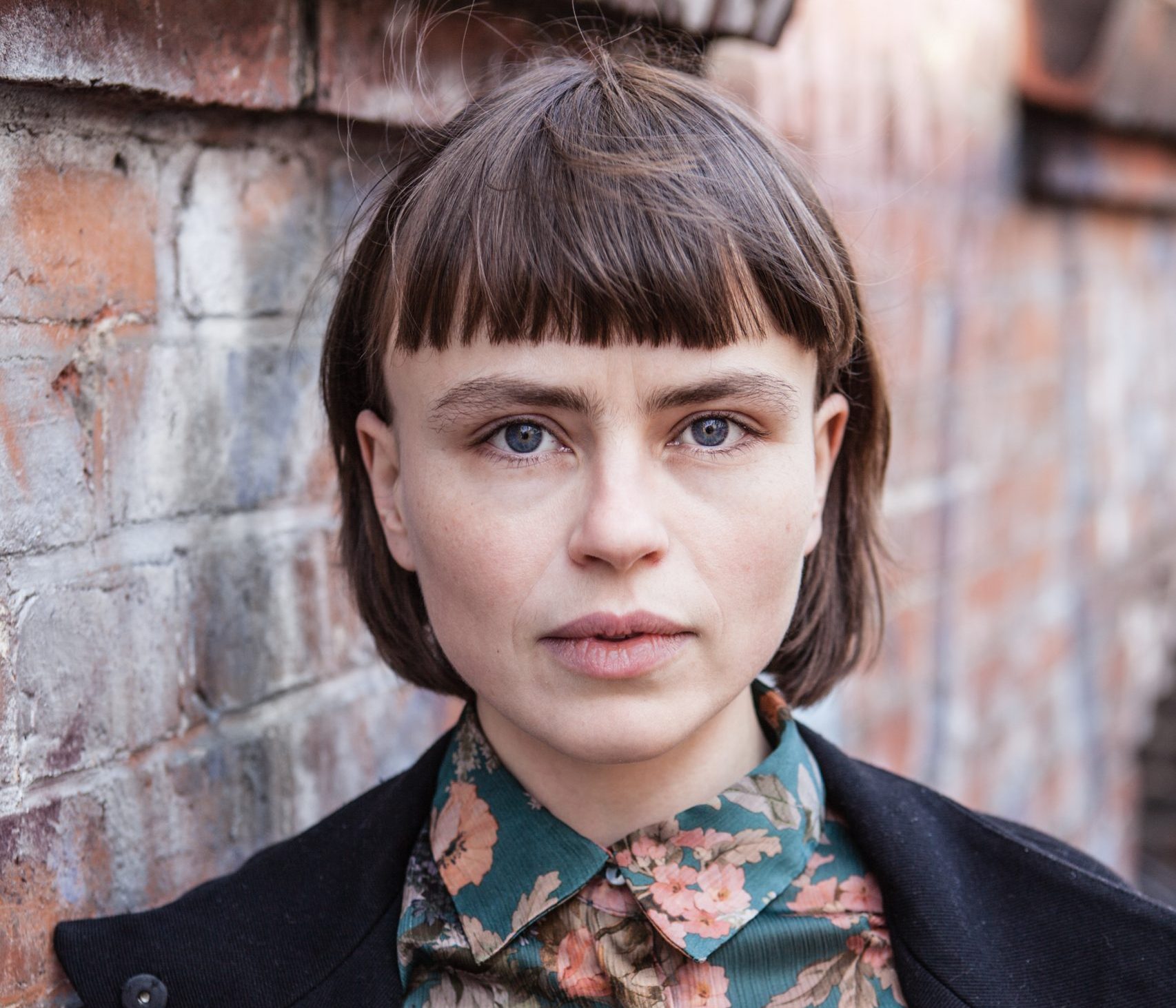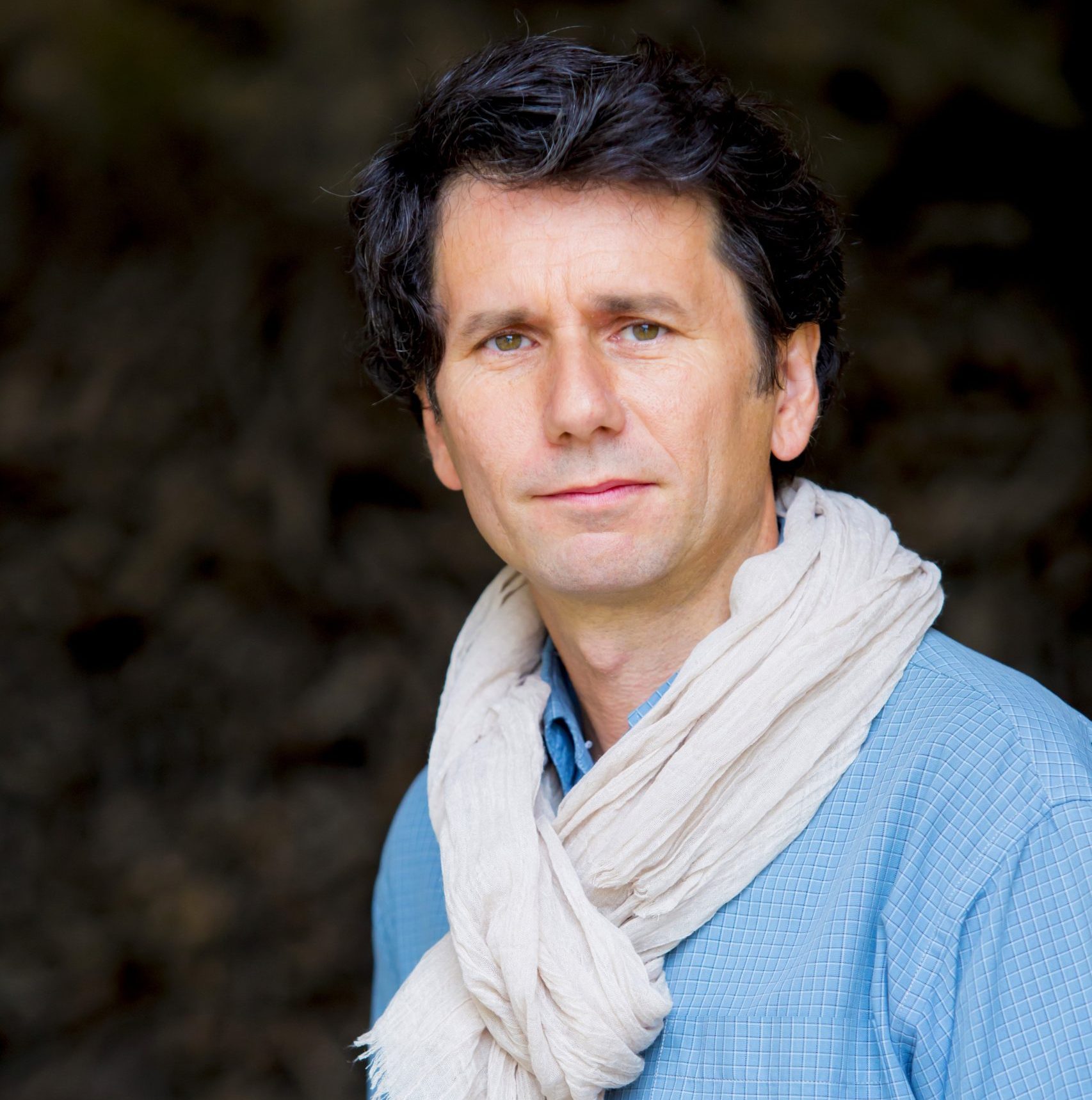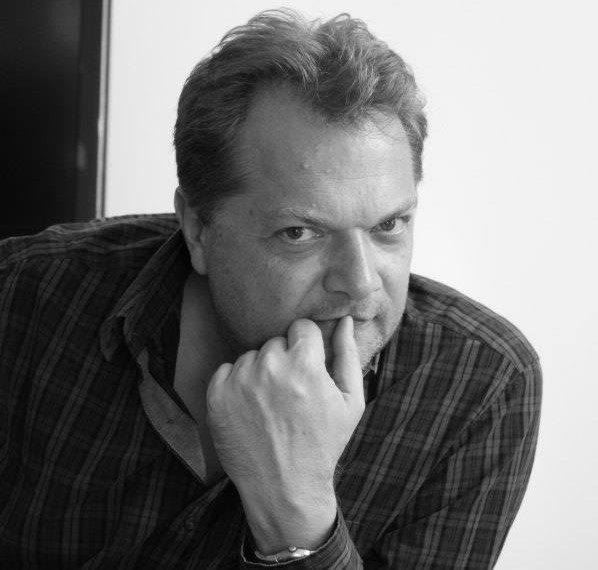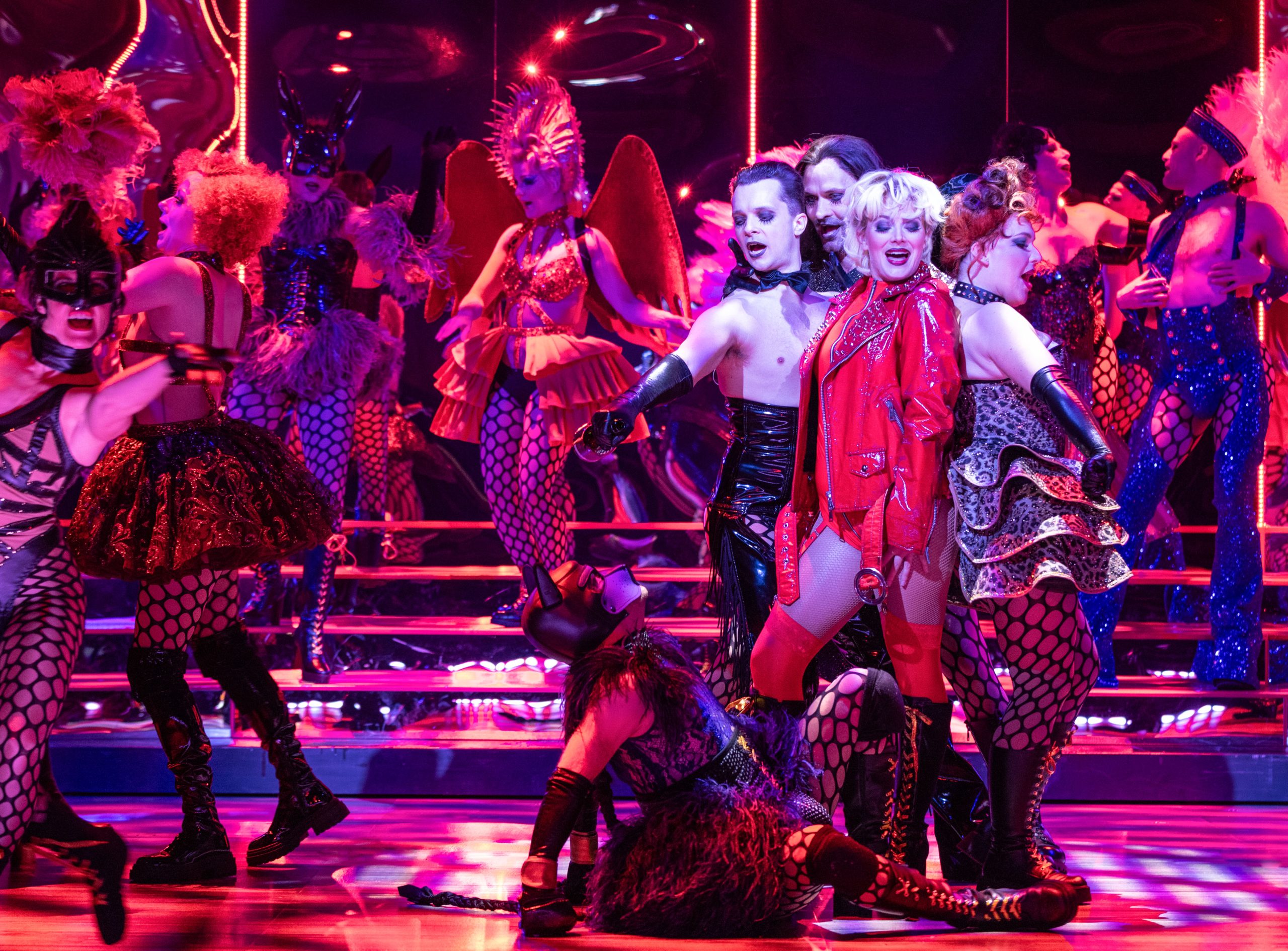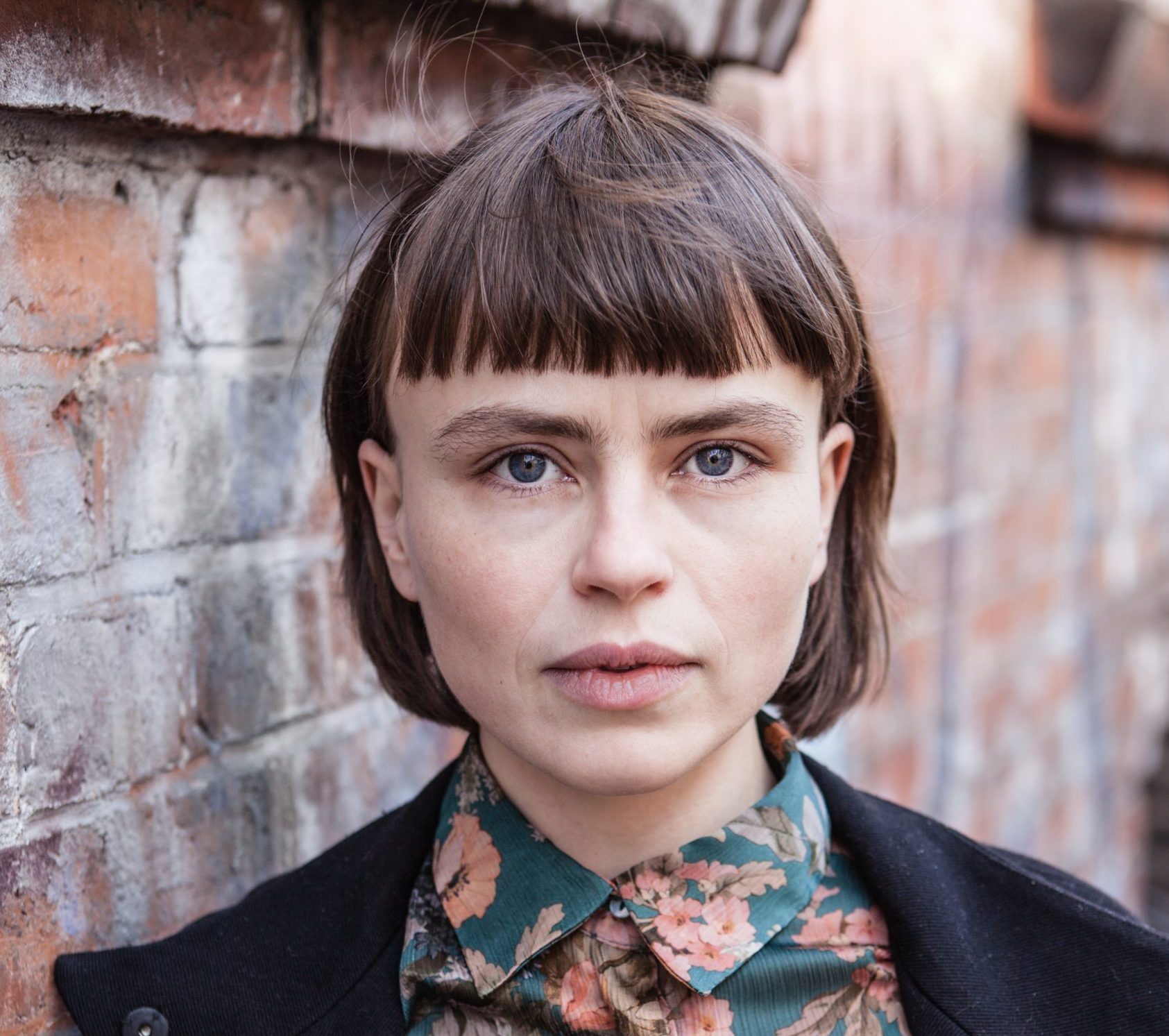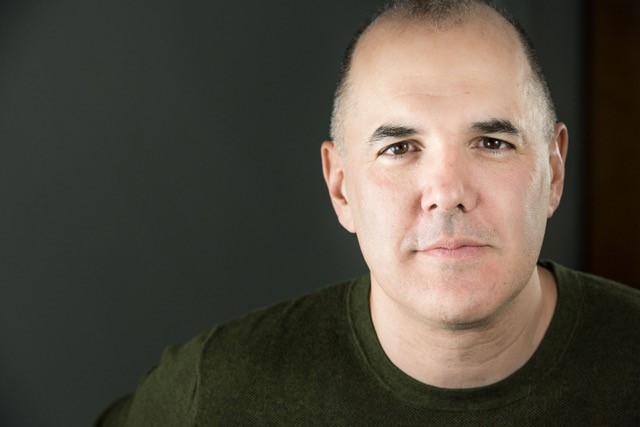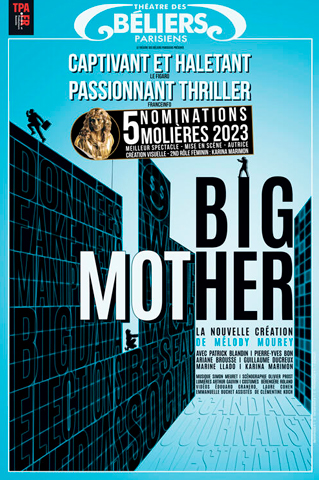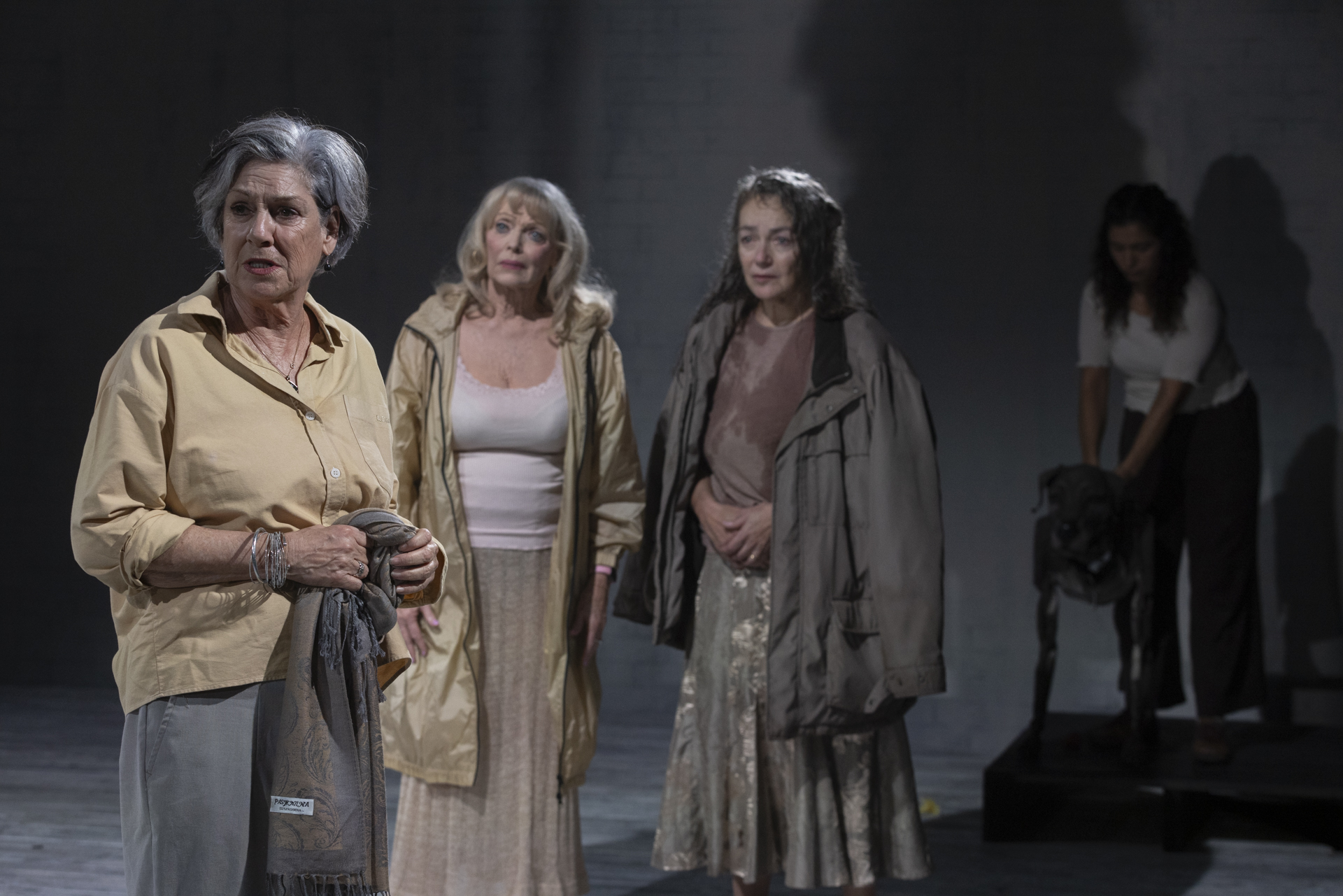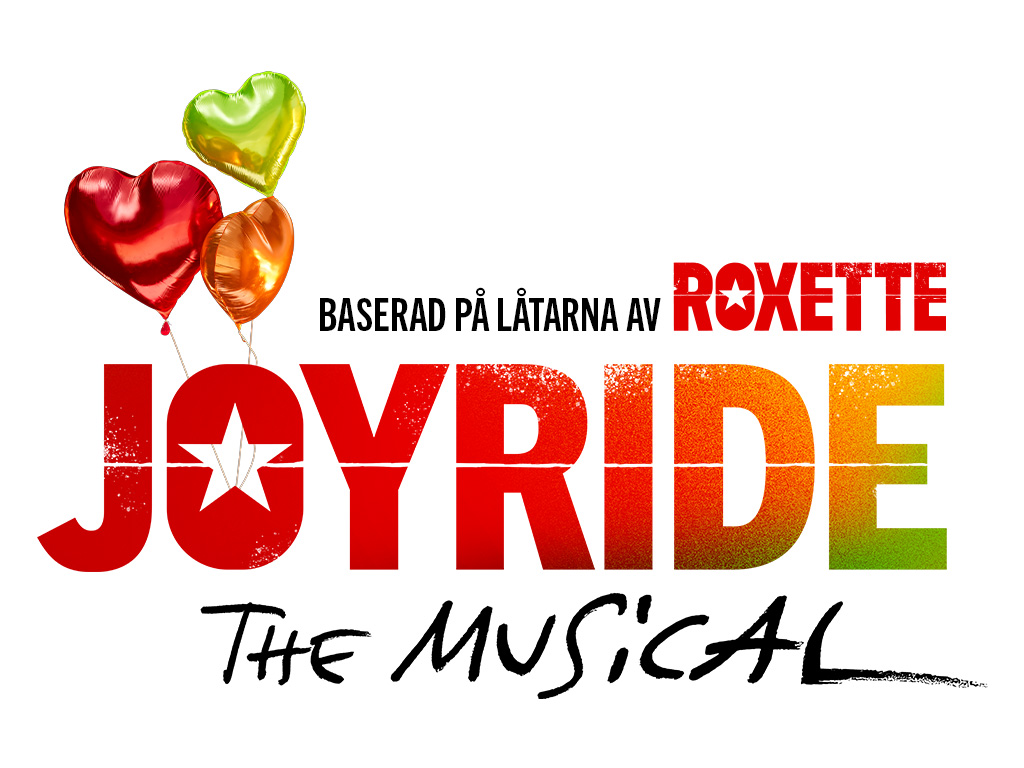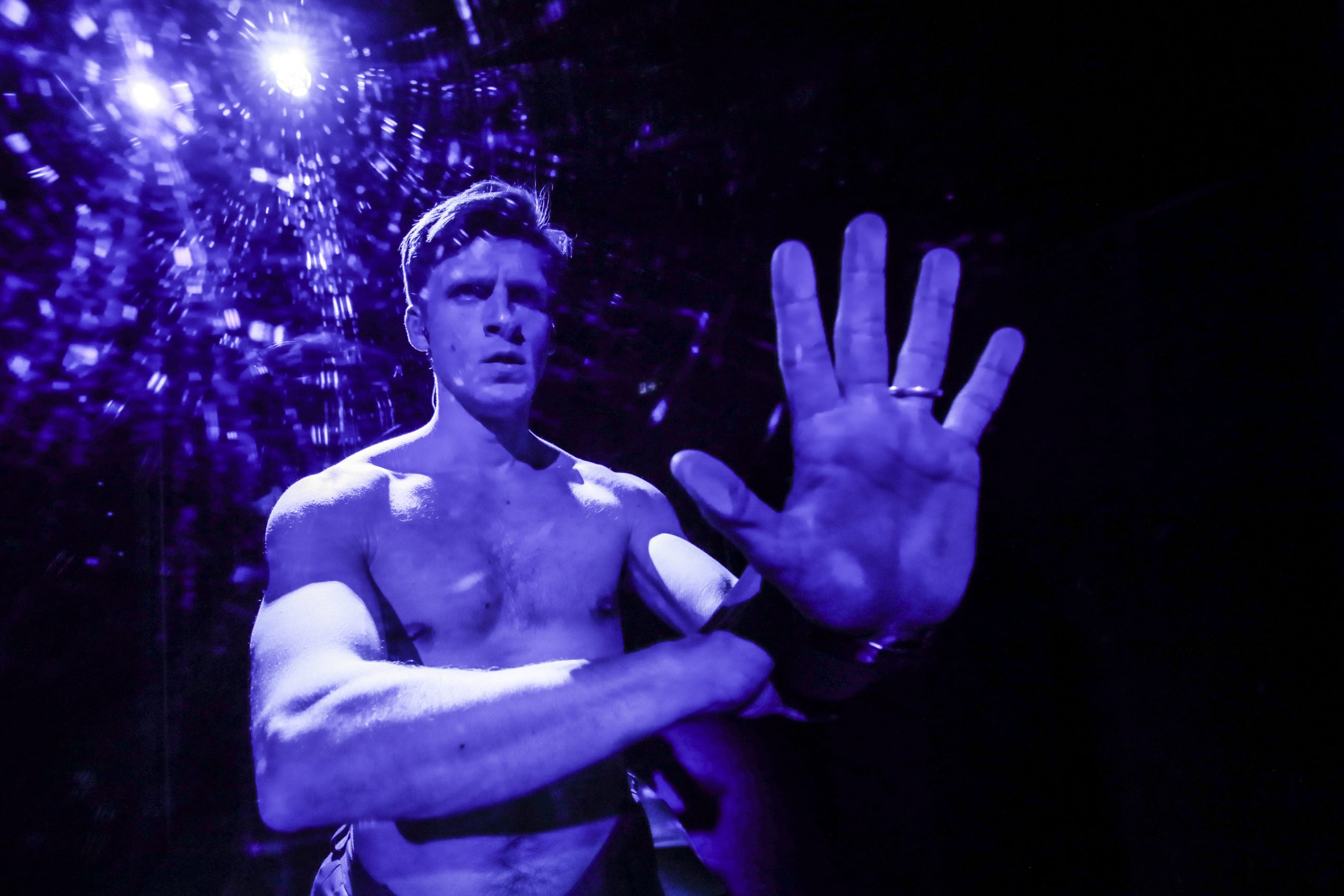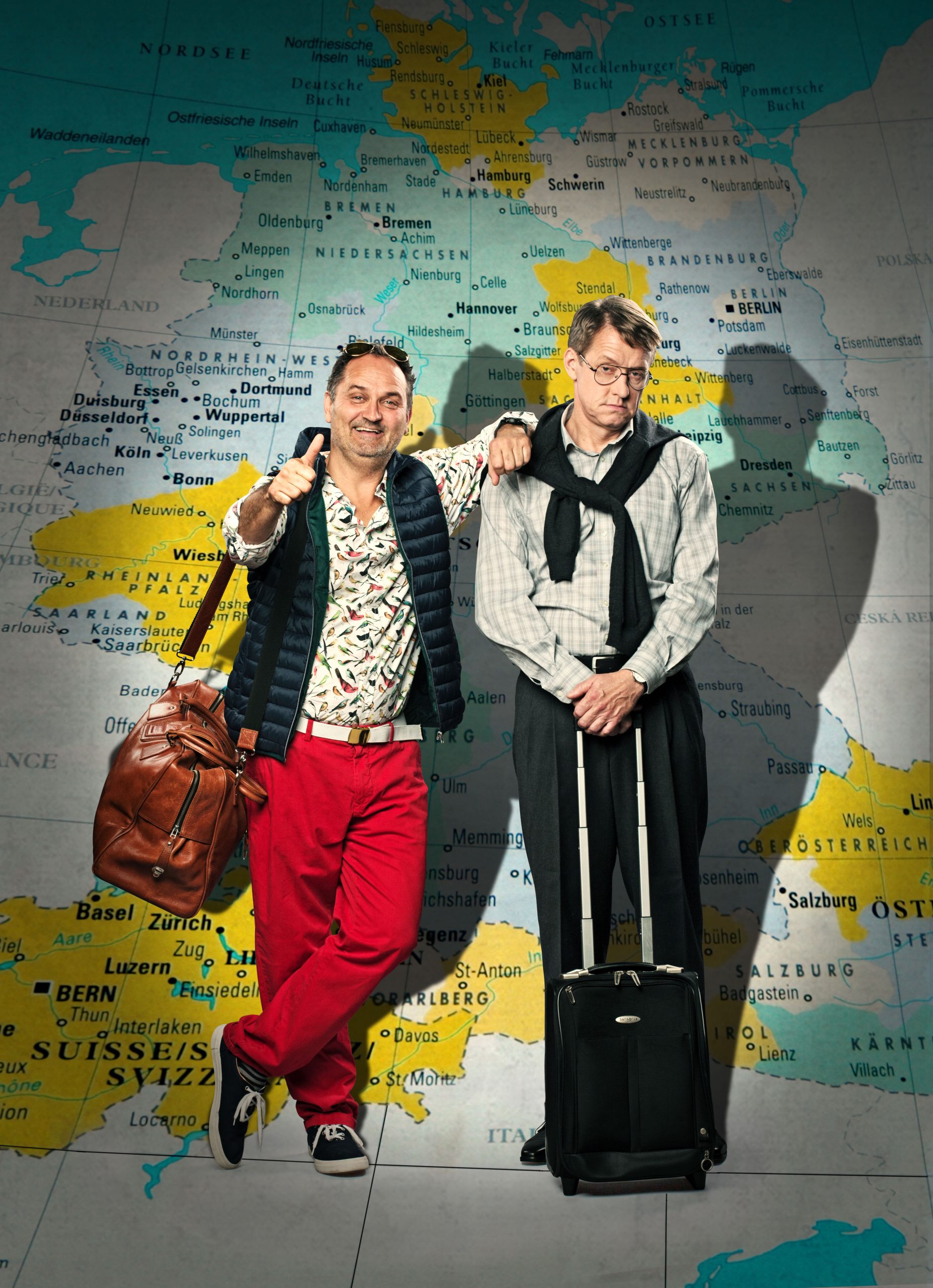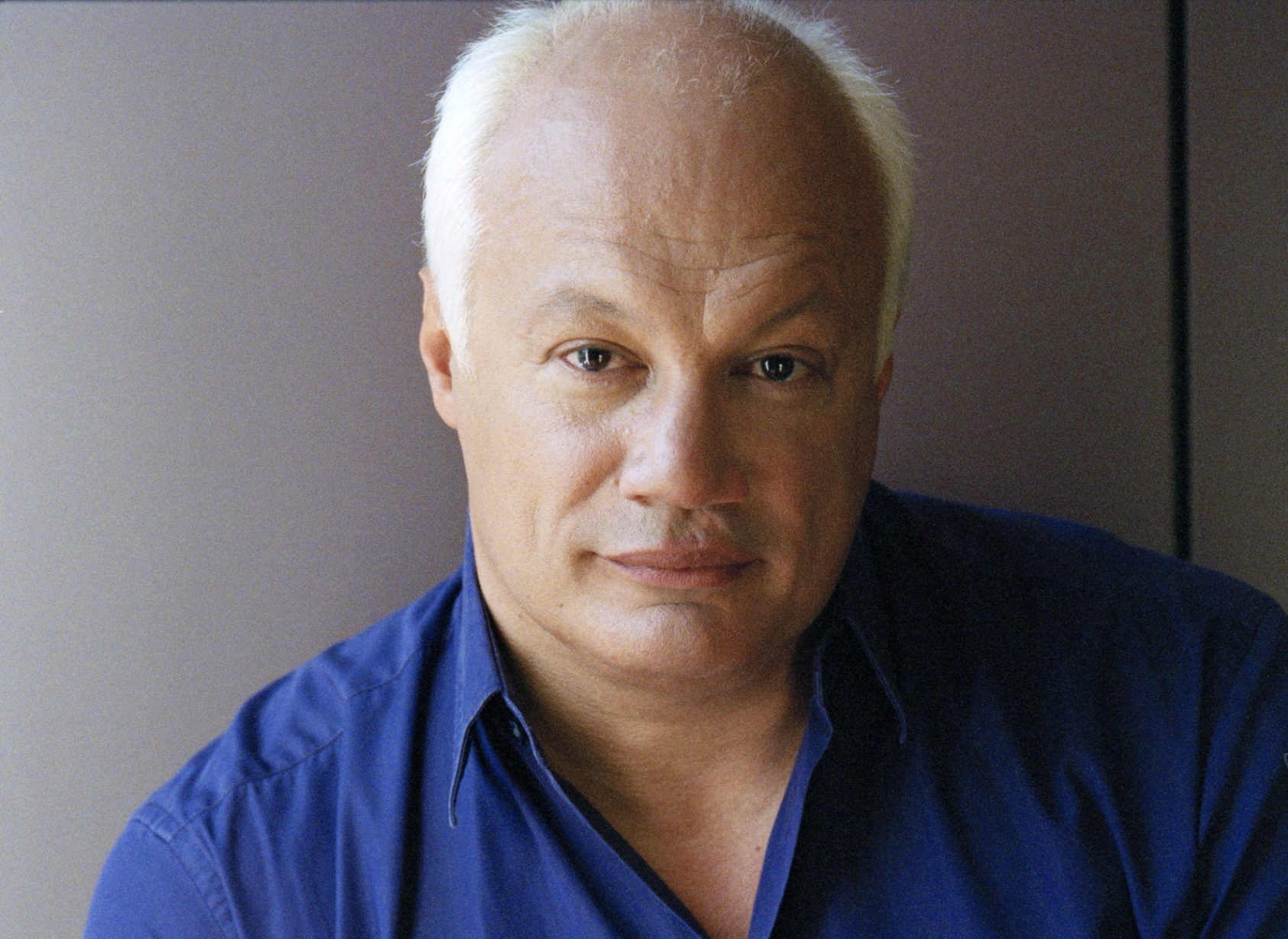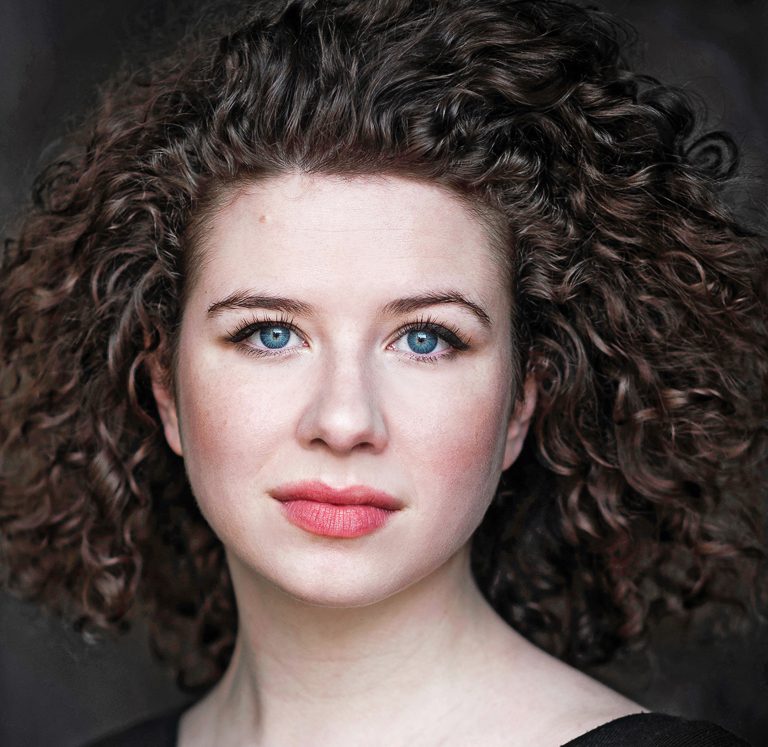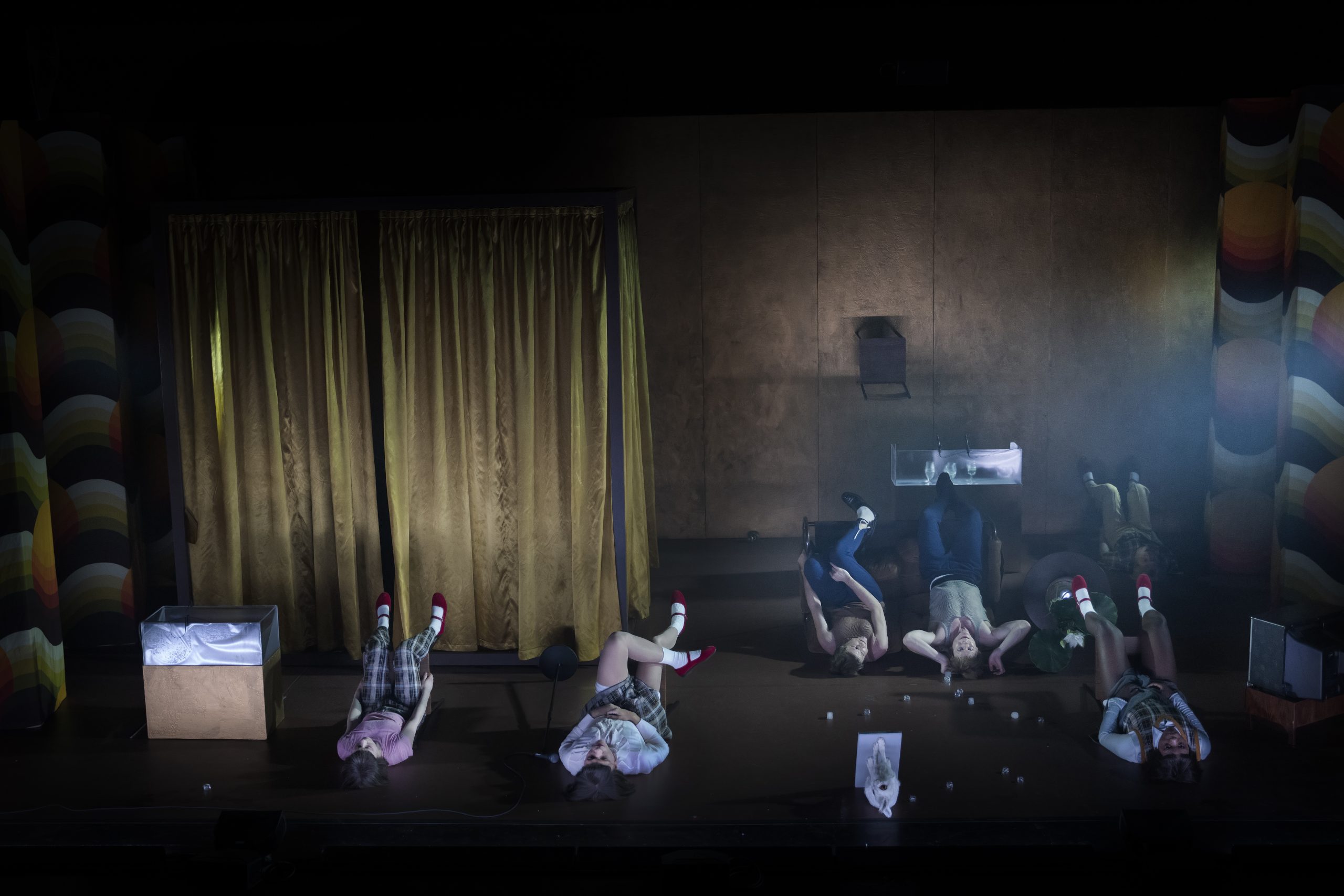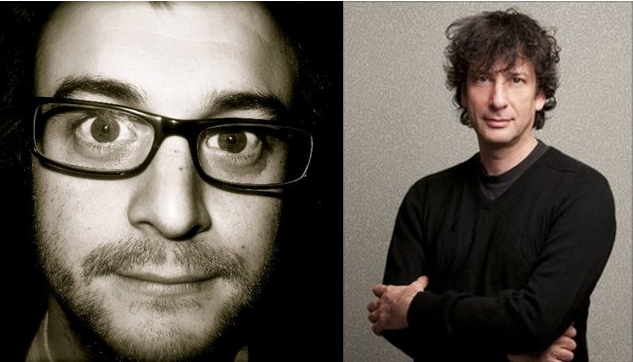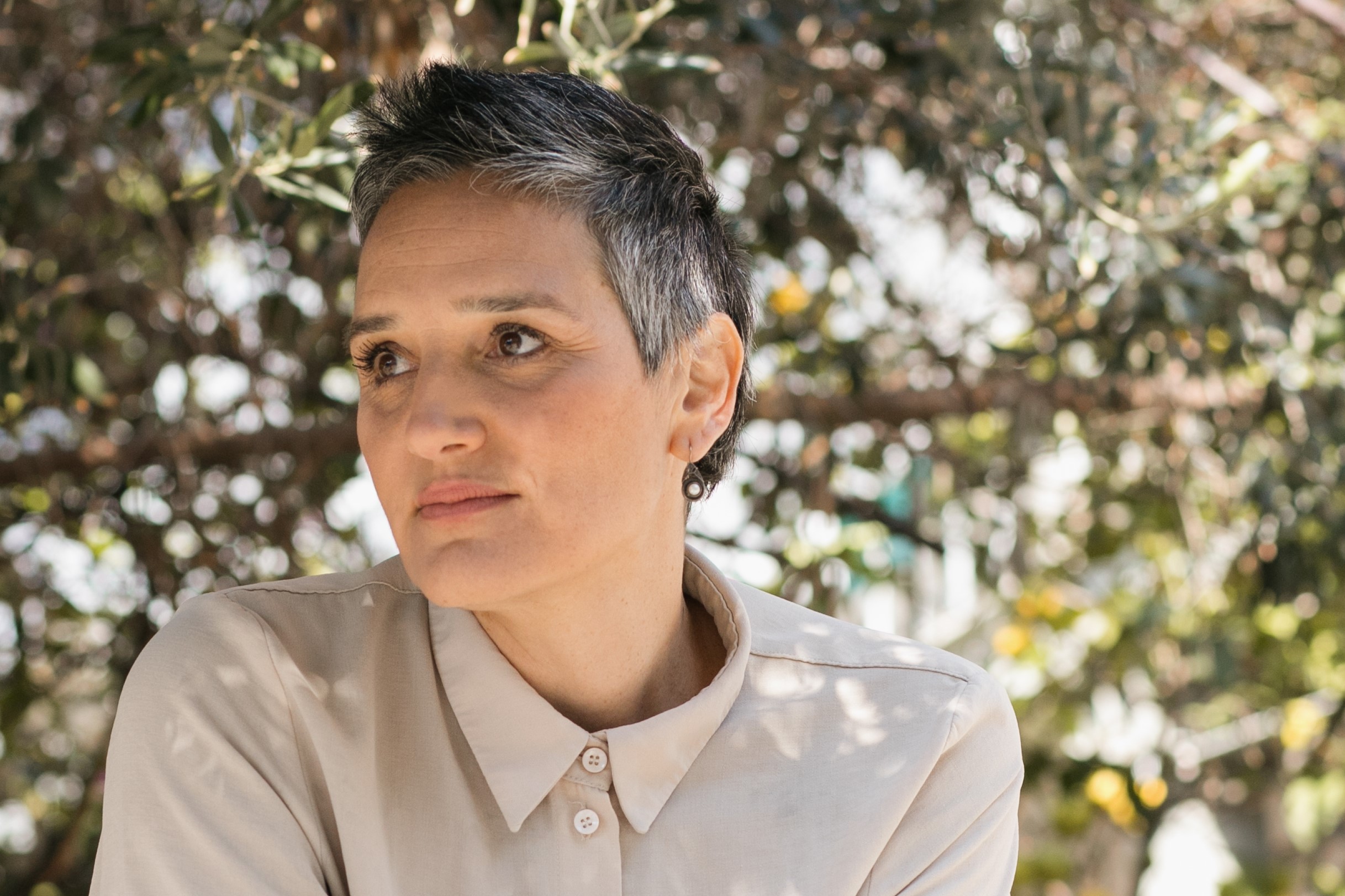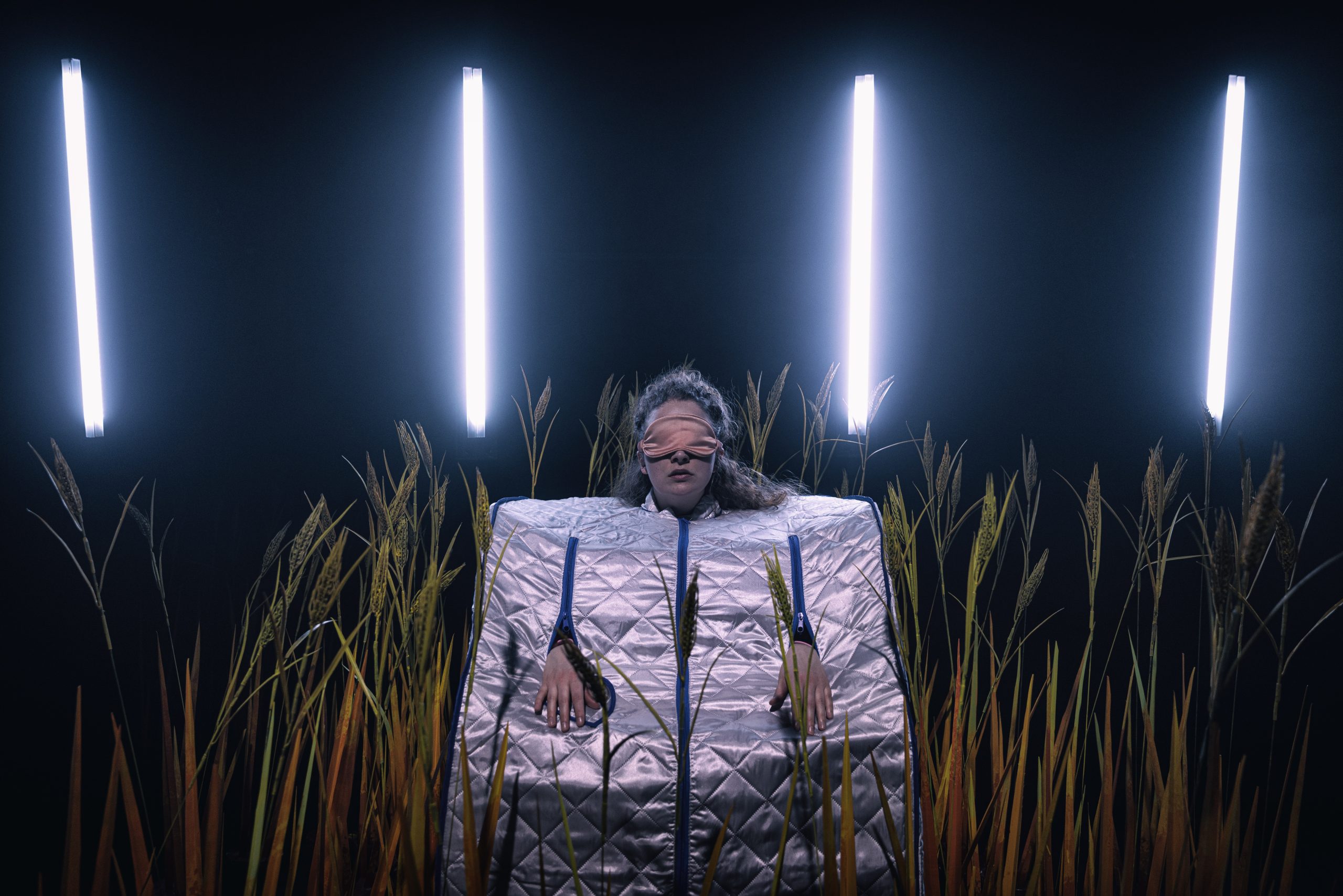"Oh God, if you want women to never again raise their voices, then create an adult man!" Jean GIRAUDOUX, Sodome et Gomorrhe, act II, scene 6 Hippolyte Jean Giraudoux {zhee-roh-doo'}, b. Oct. 29, 1882, d. Jan. 31, 1944, was a French dramatist who wrote 15 plays, most initially staged by the actor-director Louis Jouvet and later internationally acclaimed. Giraudoux was also a prose writer and served France as a diplomat and government official. Giraudoux was born in the village of Bellac and studied at the École Normale Supérieure. In his youth he traveled extensively — to Germany, Italy, the Balkans, Canada, and the United States, where he spent a year (1906-07) as an instructor at Harvard. Returning to France, he served in World War I, was twice wounded, and became the first writer ever to be awarded the wartime Legion of Honor. His worldwide importance rests on such plays as Amphitryon 38 (1929; Eng. trans., 1938), Judith (1931), Tiger at the Gates (1935; Eng. adaptation of La Guerre de Troie n'aura pas lieu, 1955, by Christopher Fry), Ondine (1939; Eng. trans., 1961), and The Madwoman of Chaillot (1945; Eng. trans., 1949), which was published and produced posthumously. Giraudoux also wrote five novels, the best known being My Friend from Limousin (1922; Eng. trans., 1923) and Bella (1926; Eng. trans., 1927), and numerous short stories. He was one of France's outstanding essayists during the interwar years, best known for such literary studies as Racine (1930) and such political studies as Pleins Pouvoirs (Full Powers, 1939). At the start of World War II he served as minister of information under Premier Édouard Daladier. THE theatrical art of Jean Giraudoux was achieved from an assimilation of traits that have been persistent throughout French literature. The preciosity of his images is constantly offset by conciseness and a bareness of expression. His themes of grandeur are counteracted by a tone of simplicity which the French might call gentillesse. He considered all the gravest of human problems, the conflicts between the life of the city and the laws of justice, between love and the cruel passing of time, between the purity of man's idealism and the necessity to be committed to an idea or a party or a nation. Tragedy, no matter what literary form it takes in our day, was for Giraudoux the persistence of the most ancient and the most solemn of all traditions: human sacrifice. These two words designate the dual character of tragedy which is always present in some form: religious belief and the shedding of blood. To witness a tragedy in the theater is to diminish in the heart of the spectator whatever murderous intention he may have had. Giraudoux perpetuates a celebrated precept of Aristotle when he claims that tragedy by its symbolic re-enactment satisfies collectively the need of the public to commit a crime. The hero who dies on the stage thereby interprets the passion and the destiny of each spectator. The art of the dramatic poet is the image of man's most terrifying and most perfected destiny. Classical tragedy, in its grandeur and bareness, seems to be the product of the great ages of civilization--Athens of the fifth century B.C., Elizabethan England, France under Louis XIV. Giraudoux never believed that his age measured up to such periods of history, and hence tragedies written in it could not aspire to the formal solemnity of a Sophocles or a Racine. Each age produces the tragedies it deserves, and Giraudoux's are adaptations to the style and the limitations of the twentieth century. Like Racine, one of Giraudoux's principal admirations, he chose for his heroes and heroines celebrated figures of mythology and the Bible, figures like Judith, Electra, Helen, who slumber in books when they are not fulfilling their destinies in works the poets have devised to keep them alive. Giraudoux called one of his plays AMPHITRYON 38 to indicate the large number of versions of the same story which antedated his own. He has a predilection for those heroes who have lived through all the seasons and all the centuries of their special limbus out of which only the poet has the right to call them. In the plays of Giraudoux these characters seem to be fully aware of what they represent and of what they mean to the world. They are cognizant of the fact that the playwright is not creating them, but is creating their speech. Whatever crimes they have to commit, whatever catastrophe awaits them in accord with their known fate, the tragedy is permitted to unfold on the stage thanks to the language of the playwright. Poetry, in the final analysis, is the only tamer of tragedy, the only force that will permit the spectator to stand tragedy. For fifteen years, and particularly between 1930 and 1940, the texts of Giraudoux and their productions by Jouvet enchanted Paris. It was an unusually close association between a playwright and a specialist of the theater, in which Jouvet's scenic imagination matched Giraudoux's verbal virtuosity. Each man admired the other for his special gift. For Jouvet, Giraudoux had discovered the magic of dramatic speech. For Giraudoux, Jouvet was the great actor in France. In two important texts Giraudoux has discussed his understanding of the theater. First, in a speech given before the graduates of the Lycée de Châteauroux (his own lycée) in 1931, in which he claimed that the theater is able to create a secular religion since it is today for most nations the one form of moral and aesthetic education. Giraudoux discusses in his play L'Impromptu de Paris the historical and social mission of the theater. "Everything would go badly, but there is always the theater," he says. (Tout irait mal, mais il y a le théâtre. . . .) The art of the theater is prophecy or divination, as Giraudoux calls it. It reveals to men the most surprising and the most simple truths, which they never fully realiza, such as the inevitability of life, the inevitability of death, the meaning of happiness and catastrophe, the fact that life is both reality and dream. The language of the theater is liturgical both in its solemnity and its exuberance. He always pleads for the primacy of the text in theatrical productions, and this was faithfully followed by Louis Jouvet. The purity and the importance of Giraudoux's text were such that Jouvet said that he had to teach his actors how to speak the text rather than act it. Both men always defended the literary theater at the expense of the more spectacular kind of production in which the text was sacrificed to the mise-en-scène. When Giraudoux draws out from his reading the characters of his plays--Amphitryon, Hector, Judith--he treats them familiarly as friends despite their prestige and their great age. When Racine calls upon these characters (Hermione, Phèdre), he presents them dominated by a fatal passion. The totality of such passion is absent from the works of Giraudoux. His characters are chosen to illustrate contemporary problems: Siegried, for example, studies the often repeated conflict between Germany and France; Hector poses the problems of the veteran soldier who is willing to accept dishonor if war can be avoided. Racine could impose his tragedies of psychological analysis and turmoil because the highly civilized public of Paris and Versailles was able to comprehend and appreciate. Racine's age was one that lived for eternity. But Giraudoux's world lived from day to day. As a playwright he could not profit from an age of great strength and a public of connoisseurs. This "journalist of the theater," as he called himself, had to adapt his talents to the receptivity and the intelligence of his public. They accepted more easily the tragic dilemmas when presented with the irony and the literary wit of Giraudoux. He particularly inspired the youthful element of his public with his gentle irony, which seemed to free him from all respect for tradition and all traditional respect. The young people of his public realized that beneath the wit and the facility and the lightness of touch, Giraudoux believed fervently in the cause of literature. He believed that literature was the last recourse of mankind. In other ages, under Louis XIV, for example, literature was an ornament, and perhaps the most dazzling of the ornaments of the age. But for Giraudoux, it served the far greater purpose of being the confidant and the resource of the greatest minds. Giraudoux's dramatic and narrative style is a rich and inimitable blend of allusive prose, allegory, fantasy, and political and psychological perceptions. He tempered tragic themes with rueful comedy, as though he wished to unite the contrasting qualities of Racine, Molière, Maeterlinck, and Baudelaire.

